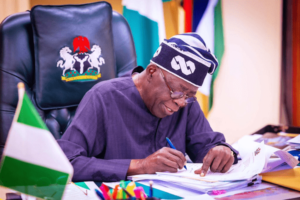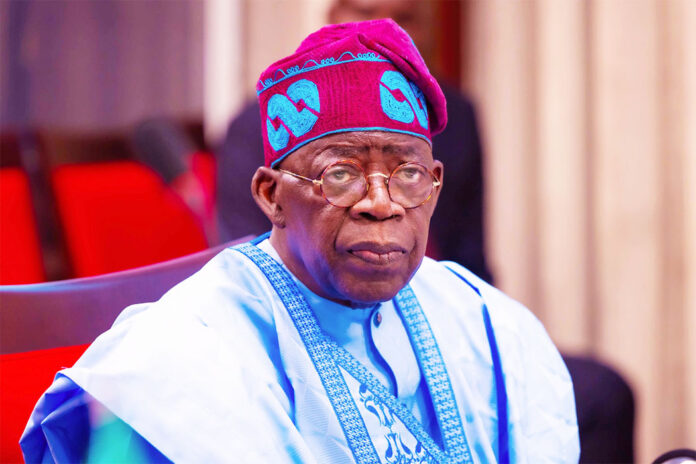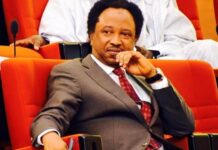President Bola Tinubu has unveiled an ambitious N2 trillion economic revival scheme aimed at stabilizing and advancing Nigeria’s economy over the next six months. This plan comes at a critical time as the country grapples with multiple economic challenges, including low oil production, inadequate power supply, and soaring inflation.

The newly inaugurated 31-member Presidential Economic Coordination Council (PECC) brings together government officials, legislators, and private sector leaders to oversee this initiative. The diverse composition of the council reflects a recognition that addressing Nigeria’s economic woes requires a collaborative effort between public and private sectors.
President Tinubu didn’t mince words when describing the current state of affairs, calling Nigeria’s power generation and crude oil production “shameful.” With a population of over 200 million, Nigeria generates a mere 4.5 gigawatts of electricity, far below what’s needed for industrial growth and everyday life.
The revival plan focuses on four key areas:
1. Health and Social Welfare (N350 billion)
2. Agriculture and Food Security (N500 billion)
3. Energy and Power (N500 billion)
4. General Business Support (N650 billion)
These allocations highlight the government’s priorities in addressing immediate social needs while also laying groundwork for long-term economic growth.
A significant part of the plan involves boosting crude oil production to 2 million barrels per day, a target that seems ambitious given recent production challenges. Nigeria has struggled to meet its OPEC quotas due to issues like pipeline vandalism and oil theft. Achieving this goal will require not just increased production but also improved security measures in oil-producing regions.
The emphasis on power generation is crucial. Inadequate electricity supply has long been a major hindrance to Nigeria’s economic development, affecting everything from manufacturing to small businesses. The plan to tap into hydroelectric potential from dams along the Sokoto-Badagry road project shows a creative approach to addressing this persistent issue.
Private sector involvement is a key feature of this initiative. Aliko Dangote, Chairman of Dangote Group, promised significant private sector investment in job-creating initiatives. This partnership could be vital in translating government plans into tangible economic outcomes.
However, the six-month timeframe for this revival plan raises questions about its feasibility and sustainability. Economic transformations, especially in sectors like energy and agriculture, typically require longer-term strategies and investments.
Moreover, the plan comes against the backdrop of recent economic policies that have had mixed results. The removal of fuel subsidies and the unification of foreign exchange rates, while potentially beneficial in the long run, have led to immediate hardships for many Nigerians.
The success of this initiative will depend on several factors:
1. Effective implementation and monitoring of fund allocation
2. Addressing security challenges, particularly in oil-producing regions
3. Creating a conducive environment for private sector participation
4. Ensuring that the benefits reach all segments of the population, not just the elite
As Nigeria embarks on this ambitious economic revival journey, the world watches with interest. The coming months will be crucial in determining whether this plan can deliver on its promises and set Nigeria on a path to sustainable economic growth.
While the challenges are significant, the diverse expertise brought together in the PECC offers hope for innovative solutions. The true test will be in translating these plans into tangible improvements in the lives of ordinary Nigerians.




